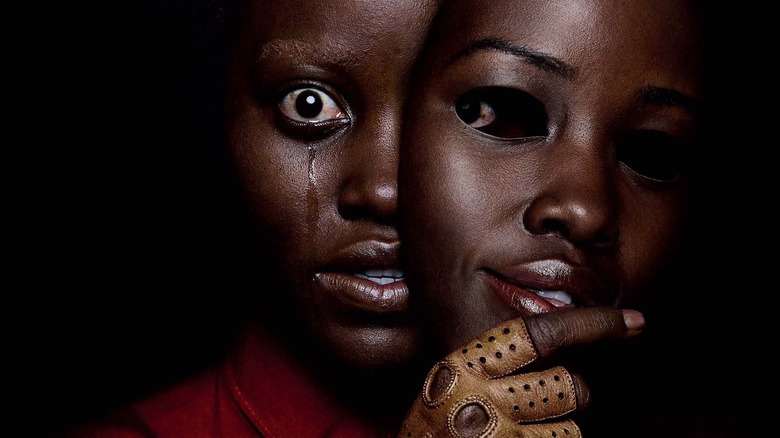
In 2019, horror icon Steven King raised more than a few eyebrows on Twitter with the following take on how the horror genre is routinely left out of consideration for Academy Awards and accolades.
While his phrasing could have been much less inflammatory, the sentiment behind the controversial take is justifiable. Since the inception of the Academy Awards in 1929, just 18 horror films have received Oscars, with only six of those films receiving nominations in the coveted "Best Picture" category, and only one of those six actually taking home the Oscar. There are several reasons why this is the case, and in my opinion, most of them can be narrowed down to pretentious elitism and genre bias fueled by a narrow concept of prestige.
Notable Horror Movie Snubs
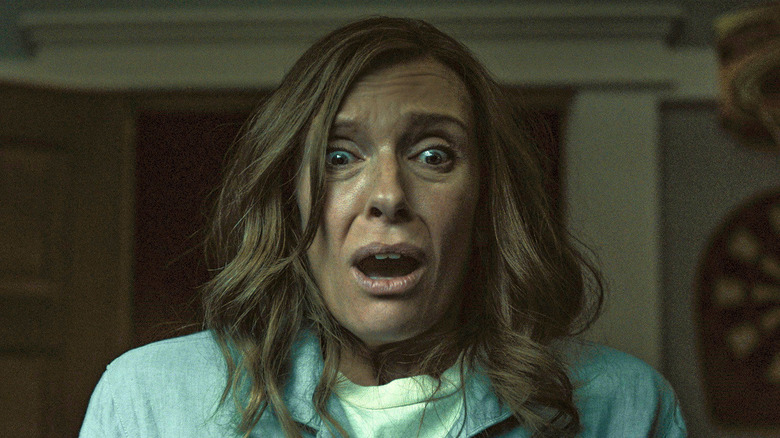
In 2018, Ari Aster traumatized audiences everywhere with the release of "Hereditary," and both critics and casual viewers alike loved him for it. In addition to the creative use of sound to intentionally create a sense of anxiety and unease, Aster's horror masterpiece also features a phenomenal performance from Toni Collete. At the time, there was a lot of buzz, with people predicting that the talented actresses would at least be nominated for her work in the film; instead, she was nubbed entirely. The following year, Jordan Peele's "Us" generated a considerable amount of Oscar buzz, particularly where Lupita Nyong'o's performance was concerned. Unfortunately, while both Nyong'o and the overall quality of the film were lauded by film critics and moviegoers alike, "Us" was completely overlooked by the Academy with zero nominations.
Other well-known instances of horror movies being overlooked for Academy Award nominations and wins include "Midsommar," "It" (2017), and Alfred Hitchcock's "Psycho" -- the list goes on. To date, the only horror movie to be awarded an Oscar for Best Picture was "The Silence of the Lambs," in 1992, although the first horror movie to be nominated was "The Exorcist" nearly two decades prior in 1974. The overall lack of recognition for the groundbreaking, thought-provoking, and just plain good horror movies is obvious, so the primary question is this: Who is responsible?
The Academy Is ... Biased By Design?
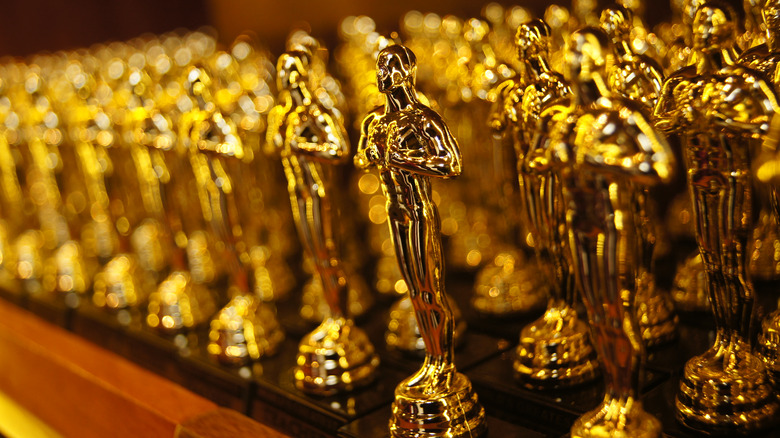
An obvious aspect worth examining when it comes to scary movies being snubbed at the Oscars is the Academy itself. Specifically, who makes the decisions in determining what is worthy of being considered, nominated, and eventually deemed Oscar-worthy enough to actually receive a little gold trophy? The process is detailed pretty extensively in a 2020 report from "Variety," but the gist of it is that there is a select group of people from various parts of the film industry that make up the Academy, and those people vote for nominees and winners. The number of individuals in the Academy is currently sitting at over 9,300, all of whom either had to be sponsored by two other members, or have been nominated for an Oscar themselves to attain that membership. Until 2016, Academy members enjoyed lifetime membership and voting rights.
There's also a smaller Board of Governors that has to approve of all potential members. I bring this up to say that if a facet of becoming part of the Academy involves getting the approval of existing members, there's a good chance people are primarily looking for individuals who share similar values and opinions when it comes to selecting new members. To add to that, it's only in the last six years that members weren't automatically granted lifetime voting rights or had to meet a requirement about being active in the industry. That leaves several decades worth of the Academy Awards' 94 years open to potentially out-of-touch people who likely share the same biases being in charge of selecting the best of the best when it comes to an ever-changing art. Plenty of those decades were marked by sexist and racist bias that saw amazing films and performances go unrecognized or unrewarded, so it's not a stretch to think that there is also shared or predominant bias against certain genres -- like horror.
Obsession With Prestige
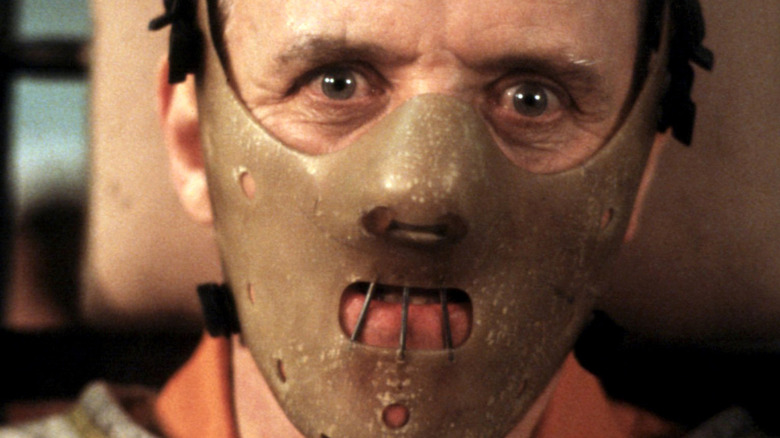
While it's no secret that horror movies have been famously snubbed for the most prestigious awards in the film industry, this apparent snobbery is not limited to the horror genre. Historically, dramas are the most likely to earn nominations and wins for Best Picture, while films in the scif-i, horror, fantasy, and superhero genres are typically only acknowledged in visual effects categories -- if at all. This exclusion likely comes from a desire to maintain the "prestige" of the Oscars. In fact, the idea of keeping the Academy Awards prestigious via arbitrary exclusion is so important that the expansion of the number of Best Picture nominees from five to 10 in 2009 drew criticism from members of the Academy who felt the increase would diminish it.
Frankly, the obvious resistance to acknowledging and adequately awarding the well-executed, creative, and compelling storytelling and moving performances that can and do exist in the horror genre stinks of the same kind of juvenile pretentiousness that self-conscious 12-year-olds exhibit when trying to hide their interest in whatever is deemed "uncool" at the time. There's no real reason to largely disqualify horror films Oscar-worthy contenders other than snobbery and fear of having the nearly century-old award being perceived as somehow less prestigious.
Is this because of the unsettling and often graphic nature of horror films? I doubt it, as plenty of nominees outside of the horror genre have featured graphic violence and other troubling imagery, and several of the few horror films to receive nominations also contain some of the most disturbing visuals. The reason for the historic snubbing of horror movies also can't be that horror movies just aren't as good as the films that typically receive nominations. Good movies come in a range of genres and mediums, and what we consider good storytelling is not only found in expensive period pieces and dramas. Similarly, terrible movies can also be found across the film genre spectrum, so why pretend that bad or unworthy films are exclusive to the horror genre -- or any genre, for that matter? It's very telling that the Academy's enduring idea of "prestige" seems to be partially hinged upon unreasonable, genre-based exclusivity rather than judging films of any genre based on the quality of narratives, performances, and other elements found therein.
It Isn't Just Horror Movies
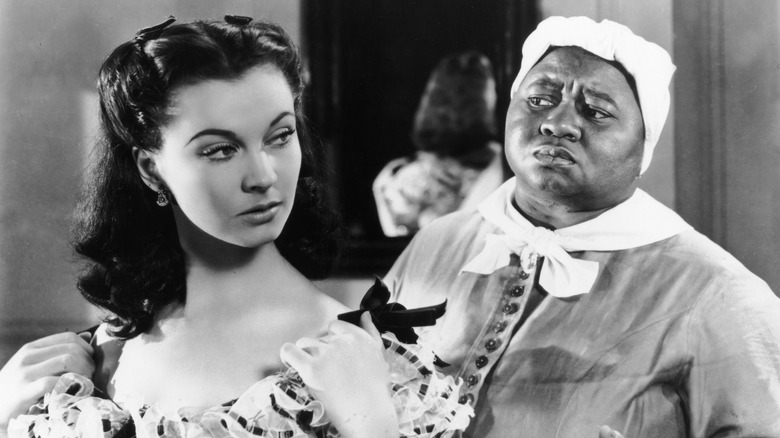
Of course, this pattern of maintaining some pretentious, narrow idea of "prestige" via unjustifiable exclusion is not just limited to genre. The Academy has a well-documented history of being averse to racial/ethnic, cultural, and gender diversity in its nominees and award winners as well. Eddie Murphy famously called out the racism of the Oscars in the '80s. Hattie McDaniels was the first Black person to win an Oscar for her performance in "Gone With the Wind," yet she was infamously denied the opportunity to even sit with her co-stars at the table designated for them, as the Academy Awards ceremony took place in at a segregated club that didn't even want her there at all. In more recent years, we've continued to see the bias of the Academy Awards called with movements like #OscarsSoWhite and esteemed Hollywood talent boycotting the event.
There's also the fact that "Parasite" winning the Academy Award for Best Picture in 2020 was met with backlash, including a voting member of the Academy's actors branch saying "'Parasite' is beautifully done, but it didn't hold up the second time, and I don't think foreign films should be nominated with the regular films" in an interview where she also mentions that she feels Academy Awards nominees should be exclusively American despite the fact that film industry is increasingly globalized. Never mind the implication that she believes films exist in a troubling binary of "foreign" and "regular."
When you take all of these biases into consideration, the exclusion of horror movies as nominees and winners makes a lot of disappointing sense. Upholding arbitrary and outdated standards for evaluating the art of filmmaking seems like a good way to make the Academy Awards hold less weight as more and more people begin to call out the overall lack of progress and diversity that still plagues them.
Does It Even Matter?
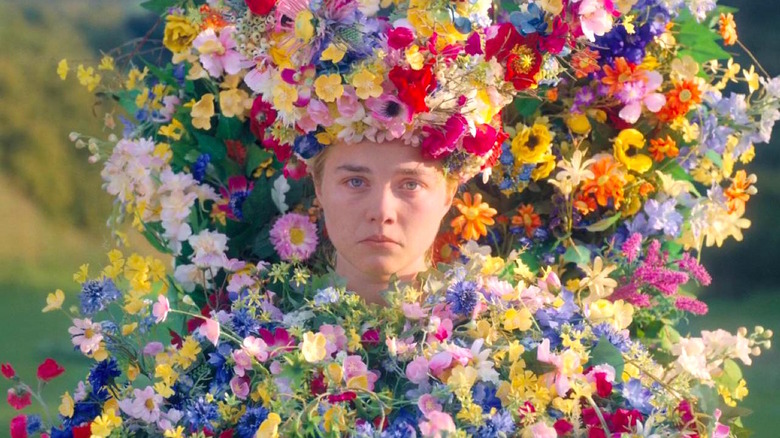
Even if we personally feel that the Oscars are not the be-all end-all in determining what is or isn't a good movie or performance, it does matter to some degree. Just receiving an Oscar nomination carries a lot of weight in that it can open doors and create new opportunities for filmmakers, actors, and anyone else involved in the filmmaking process. A director or actor's chosen genre shouldn't automatically disqualify them from being taken seriously in their field, and the lack of acknowledgement for the horror genre as a valid and potentially award-worthy genre is an unfair and glaring oversight indicative of the Academy's larger problem with growth, diversity, and creativity.
Perhaps if the entire history of excluding horror films rests on some outdated of "prestige" after all, the Academy would be wise to discard the concept altogether in favor of embracing one that is open to acknowledging more diverse and exceptional films in all genres.
Read this next: /Film's Top 10 Movies Of 2021
The post Why the Oscars Tend to Neglect Horror Movies appeared first on /Film.
0 Comments